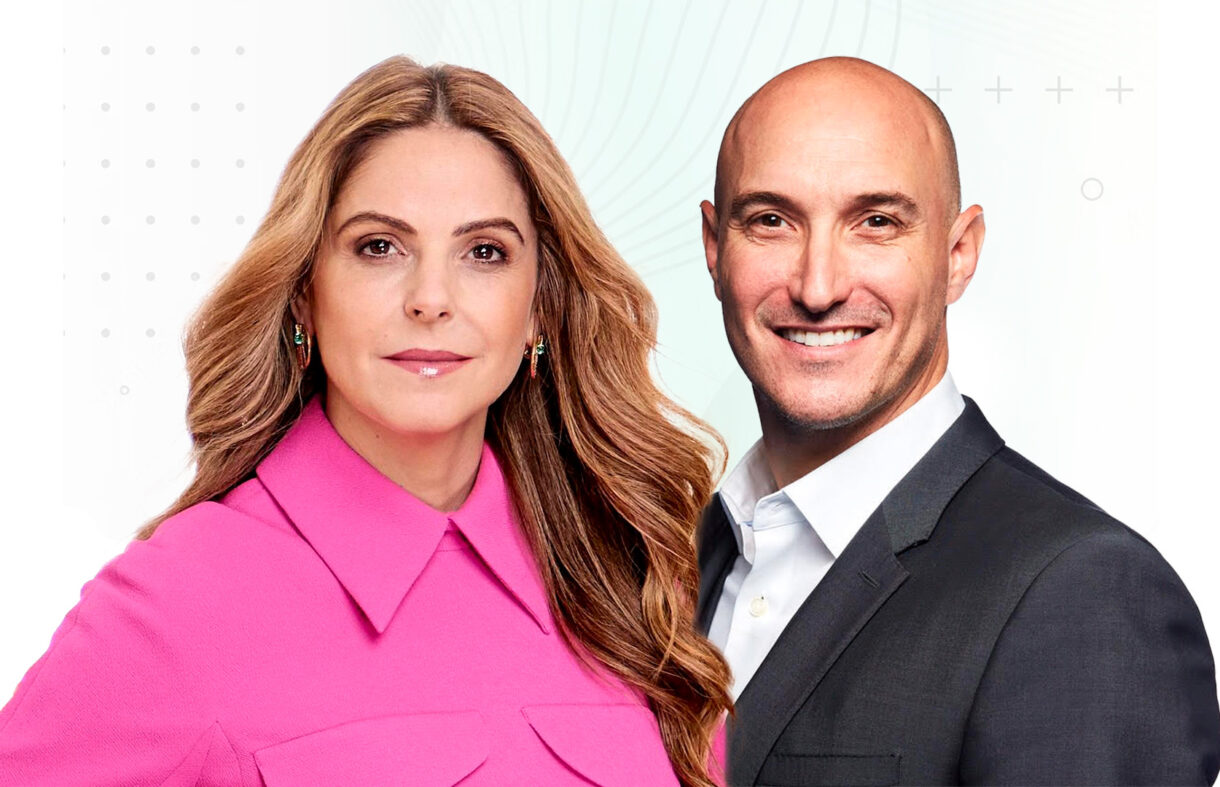One definition of a “story” is as follows:
A narration of the events in the life of a person or the existence of a thing, or such events as a subject for narration: the story of medicine; the story of his life.
Our personal stories
We all grow up with a narrative that describes our place in the world—our own personal story and unique series of life events. These stories manifest themselves through the beliefs about ourselves, and the world around us. We need a story because it defines who we are and how we show up.
Our storylines may be a deliberate recollection or true composition of facts about ourselves, of which we are consciously aware. On the other hand, our stories can also be hidden deep within our subconscious mind—a set of beliefs that lurk behind the screen of conscious awareness. Have you ever been told something about your attitude or behaviour that you do not recognise and therefore actively deny? That’s not me, you say!
Every story has a theme, usually crafted by our families, our communities, and our religious beliefs—in other words, the environment in which we grew up. We need only to look around us to see people and communities living an inherited story. Religious wars and disputes are fine examples of these past narratives. For some, their story is so deeply ingrained in their neurology that it sets a rock-solid set of beliefs, which are difficult to transform without professional support. This results in a polarised view of the world, a world of separation rather than connection, a world of them and us.
Organisations today are shaped by a specific story.
What transpires in individual human systems also manifests in collective human systems such as organisations. An organisation’s story can be so deeply rooted within its culture that it can determine its future, whether good or bad, and project ultimate success or failure. The old paradigm of command and control is a story crafted long ago, when authorities felt the need to control the masses. Unfortunately, this perception often still prevails in corporate cultures to this day. In organisational terms, command and control became the managerial template for leaders who believed that workers had to be controlled because they could not be trusted.
Douglas McGregor described this style of management in what became known as Theory X. This is the style that predominated in business after the mechanistic system of scientific management and became the norm during the first decades of the 20th century. Theory X assumes that individuals are lazy, work-shy and constantly in need of chastising. In my experience, some organisations, unconsciously maybe, still practice this way of managing their people, while at the same time claiming the opposite.
Personal or Organisational change: It requires us to look back and identify our positive and negative patterns in order to write a successful next chapter.
Is it time to rewrite your personal story? Is it perhaps time to also rewrite the story of your team, or even your organisation? Contemplate for a moment the possibilities and probabilities if you were to let go of the old stories that hold you, your team or organisation back from becoming all you, or it, can be. What kind of opportunities may lie waiting for you and your organisation if only you were to write a new and exciting story?
Rather than Theory X, what if an organisation were to truly liberate its people to develop into all that they can become? What currently unknown possibilities could that produce? What would be possible if teams were given more freedom to seek collaboration and co-create with other teams within the organisation? Rather than seeing the organisation as some kind of formal machine—a mechanistic structure—what if it were seen as a living system, a system that could thrive if all its parts worked together, rather than as separate entities working in competitive silos?
Of course, we can continue reading the old well-worn pages of our inherited storybook, or we can craft our own, innovative and inspiring stories of possibility and abundance. This is a choice available to every person and every organisation should they so wish.
Rewriting the next chapter of your story is the easy part. Rewinding the theme of that story to comprehend where negative perceptions and beliefs have originated proves to be a more challenging, however crucial, activity. The story cannot change for the better if the theme behind the story is not positively transformed.
Change the trajectory of your story
The takeaway for you today is: Question the theme when crafting the next chapter of your story. Look at the events that have shaped you, and how they may have affected the choices that you’ve made that have created the life you experience today. Look at what needs to change; what are the few things that will make the biggest difference and support your journey towards your life’s aspirations? Finally, what is the title of the next chapter of your story?
Stay up-to-date with our latest news:
Subscribe








